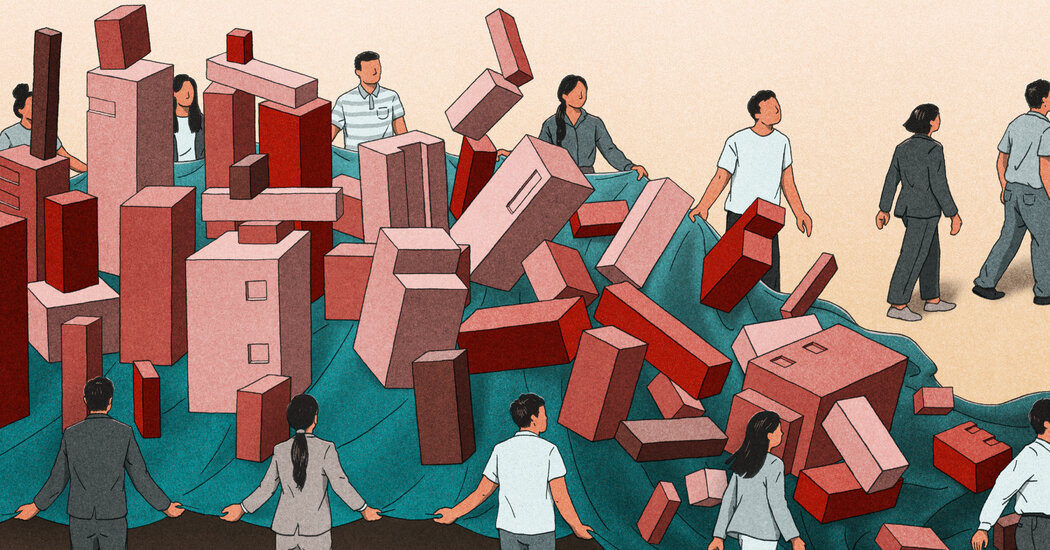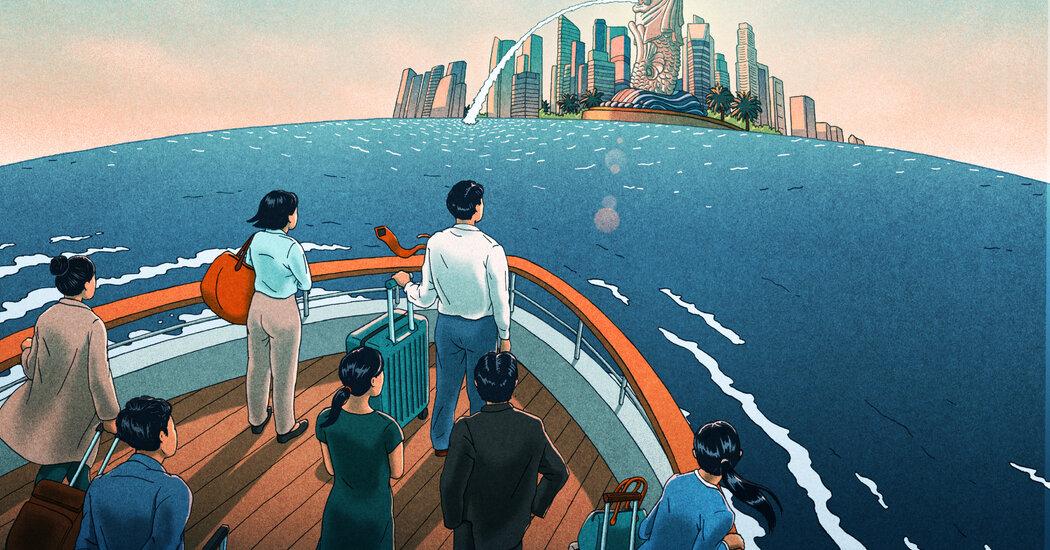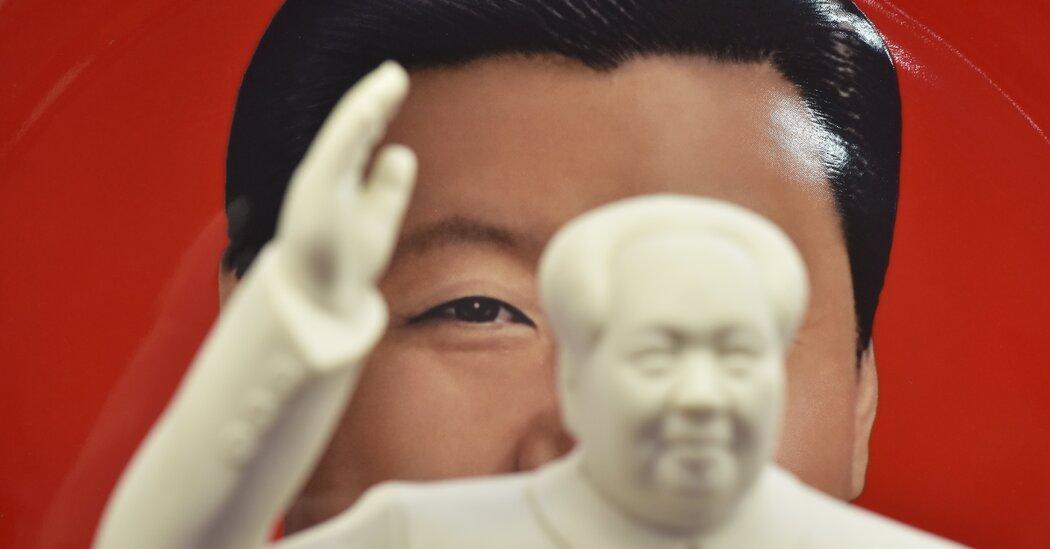In the darkest moments of the financial crisis in 2008, former Chinese Premier Wen Jiabao lectured a group of U.S. government officials and business executives in New York. “In the face of economic difficulties,” he said, “confidence is more precious than gold.” The Chinese economy then was teetering. Today it’s sputtering, facing the dimmest prospects in decades, and China’s leaders are learning the hard way exactly what Mr. Wen meant. Beijing unveiled a 31-point set of guidelines on Wednesday to bolster the confidence of the private sector. After three years…
Tag: Entrepreneurship
Entrepreneurs Flee China’s Heavy Hand: ‘You Don’t Have to Stay There’
“Singapore will not crack down on a company or an industry outside its legal framework,” said Chen Yong, founder of Pionex, a cryptocurrency exchange, who moved there from Beijing in 2021. “Its policies have more continuity.” Mr. Chen and others I met in Singapore said they had no intention of moving to Hong Kong, despite that city’s enthusiastic attempts to woo people like them in recent months. For decades, Hong Kong played the role of safe haven for mainland entrepreneurs because of its autonomy from China. That crumbled after Beijing…
Three Things Americans Should Learn From Xi’s China
About four decades ago, Chinese Communist Party officials scoured the world for best practices, which they cautiously piloted to create the economic miracle that their country showcases today. These days, though, the Communist Party champions Chinese solutions, and not just for China but also for the rest of the world. Xi Jinping, who just received an unusual third term at the helm of the world’s most populous country, embodies a far more confident China that has begun to portray itself as an alternative to the West. Creating a Chinese version…
As Beijing Takes Control, Chinese Tech Companies Lose Jobs and Hope
The video platform that laid off Mr. Zhao, iQiyi, had an abysmal quarter, losing about $268 million. Its share prices fell by 85 percent from its high in 2021, reflecting investors’ concerns that the company, once aspiring to be China’s Netflix, will be short of shows that can attract more subscribers and advertisers. “The biggest problem for our industry is severe shortage of content supply,” iQiyi’s chief executive, Gong Yu, told analysts in November. He blamed, in part, censors’ slow approval. IQiyi did not respond to requests for comment. (Mr.…



